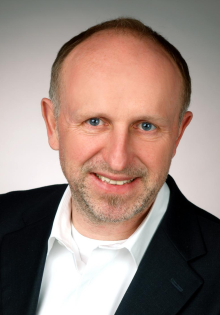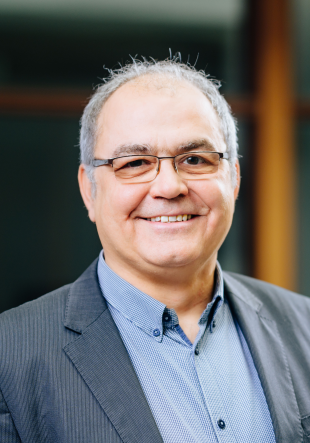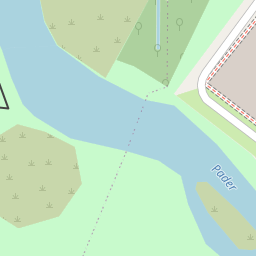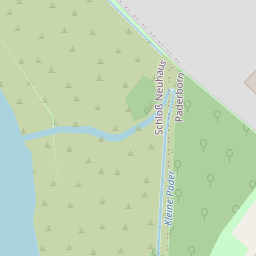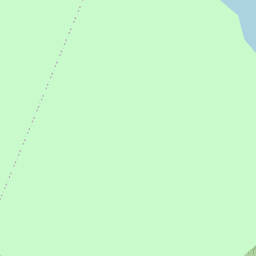Scale4Edge: Scalable infrastructure for edge computing
Overview
Scale4Edge is a joint project funded by the BMBF (Federal Ministry of Education and Research), which aims to significantly reduce the currently relatively long development times and high development costs of application-specific edge components (platform concept). The approach pursued in the project is based on providing a commercial ecosystem for a scalable and flexibly expandable edge computing platform after the end of the project. The ecosystem will be created by a large number of SMEs in cooperation with industry and research institutes. Each SME contributes its expertise and markets the result as part of its own product portfolio after the end of the project.
The ecosystem covers all essential aspects such as low power, security, reliability, verification, testing, compilers, software libraries and debugging, supplemented by specification, verification plan and documentation. In contrast to other approaches and proposals, it offers a customized complete solution including support. In addition, SMEs and industrial partners develop prototypical designs and thus test the ecosystem. The prototypical designs are later also transferred into products.
The Scale4Edge ecosystem is economically only possible on the basis of the free RISC-V instruction set architecture, as this offers a commercially usable, standardized basic instruction set that allows application-specific extensions without restrictive IP rights. This significantly reduces the otherwise high design and verification costs for CPU components to be adapted. Due to the resulting synergy effects in the project, solutions can be offered cost-effectively and professionally as a Scale4Edge ecosystem by means of the platform concept, which in total allow a significantly cheaper and more efficient development of edge components.
The fast and sustainable application of the project results are the primary project goal. For this reason, the project breaks new ground in implementation. All research projects are designed for an end application, i.e. they are thought from the end and therefore always embedded in supply chains. In addition, the research work is equipped with more resources to deepen the research and at the same time make a step towards the end application. Furthermore, the research is continuously validated with industry relevant examples to set a high bar for your strength. Nevertheless - or with a view to global elite universities for this very reason - top results in research are expected and confirmed, for example, by "Best Paper Awards" or prizes for doctorates.
Proven, agile methods are used in the implementation of the project. For example, a preliminary version of the ecosystem will be available after only six months, but with incomplete functionality. The functional scope will then be expanded and validated on a quarterly basis, culminating in a prototype of the Scale4Ege ecosystem at the end of the project. Industry-relevant chip prototypes will be created with the ecosystem available at that time to demonstrate the high quality of the previous versions of the ecosystem.
Motivation
The Internet of Things (IoT) will dramatically improve both the standard of living in the private sector and the productivity of industry worldwide, and thus also in Germany, and will have a lasting impact on many areas of application (including the automotive industry, smart homes, logistics, the energy sector, medical technology, environmental information and weather forecasting). An important prerequisite for this goal is the provision of intelligent edge components in large numbers of variants, which must be embedded in their environment in a tailor-made way and interact with it independently. Edge components refer to the devices that are needed for communication between humans and the environment or machine and thus between the real and virtual world, and which must be equipped with a high degree of intelligence to ensure acceptable use. This requires resource- and energy-efficient processing of data directly in the edge components, in contrast to conventional centralized data processing in the cloud, e.g. to support people intelligently or to interact with machines and the environment in an optimized way. In doing so, security (safety and security) and privacy with complete data sovereignty are to be guaranteed. In addition to the IoT market, important German key industries such as the automotive industry, industrial automation and medical technology also benefit to the same extent from the technologies of intelligent edge components. Here too, the shift of data processing to intelligent edge components can lead to new types of advanced applications. Currently available standard components are unsuitable for these application scenarios due to the widely varying characteristics and requirements, so that there is a great need for application-specific edge components with high market potential for German industry and German SMEs.
Innovation
Scale4Edge contributes in several ways to the strengthening of technology sovereignty in Germany. On the one hand, the project strengthens the competence of German companies and universities in the field of processor technology in design and the associated supply chains for various edge applications and, as a result, provides commercially available products after the end of the project. This will result in new processor architectures, innovative software and special verification approaches, thus strengthening technology sovereignty for the entire ecosystem in the form of different supply chains. By allowing edge processors to autonomously process and store data, this will increase data sovereignty in the end application as opposed to cloud applications. This is strengthened by the fact that platform security is an explicit subgoal of the project.
Due to the close and in substantial parts open association of German industry and research partners, the project sets high standards for the trustworthiness of the products developed in the Scale4Edge ecosystem. This includes standard-compliant design processes, partially open source software and also the security (safety, security) of the platform as well as an intensive review and analysis of the developments.
Key Facts
- Grant Number:
- 16ME0133
- Project duration:
- 05/2020 - 12/2025
- Funded by:
- BMBF
- Website:
-
Projektwebsite
More Information
Contact
If you have any questions about this project, contact us!
apl. Prof. Dr. Wolfgang Müller
System and Circuit Technology / Heinz Nixdorf Institut
Apl. Professor
